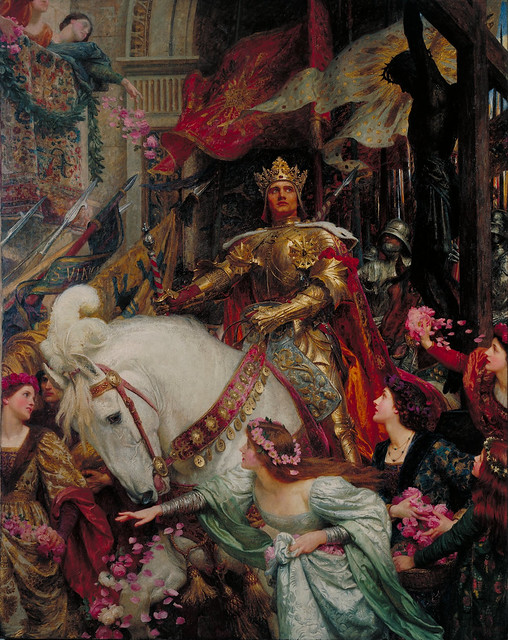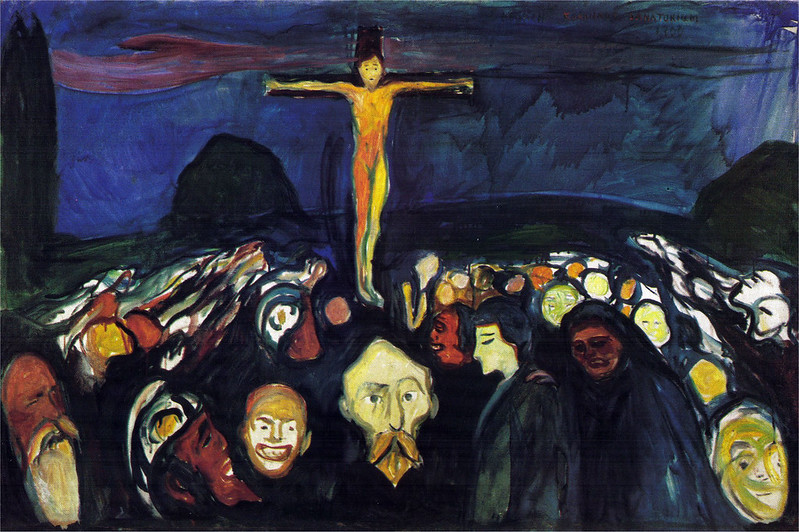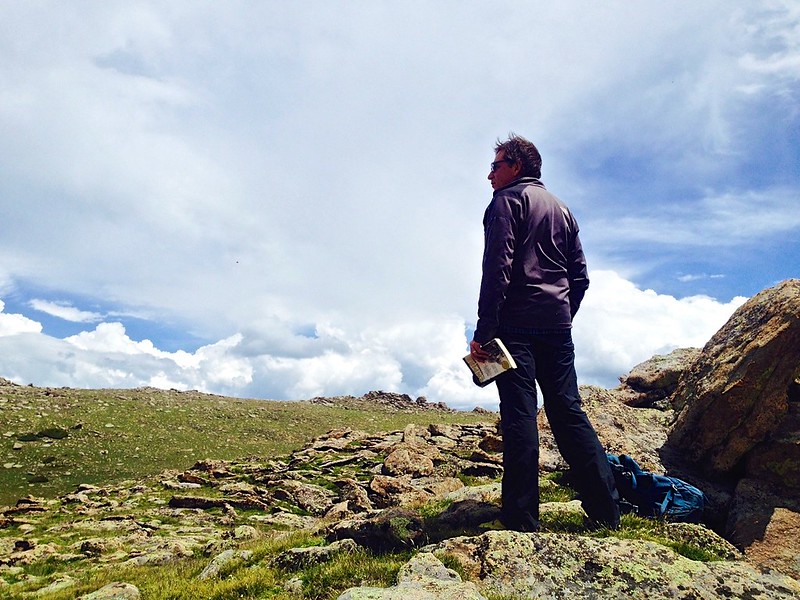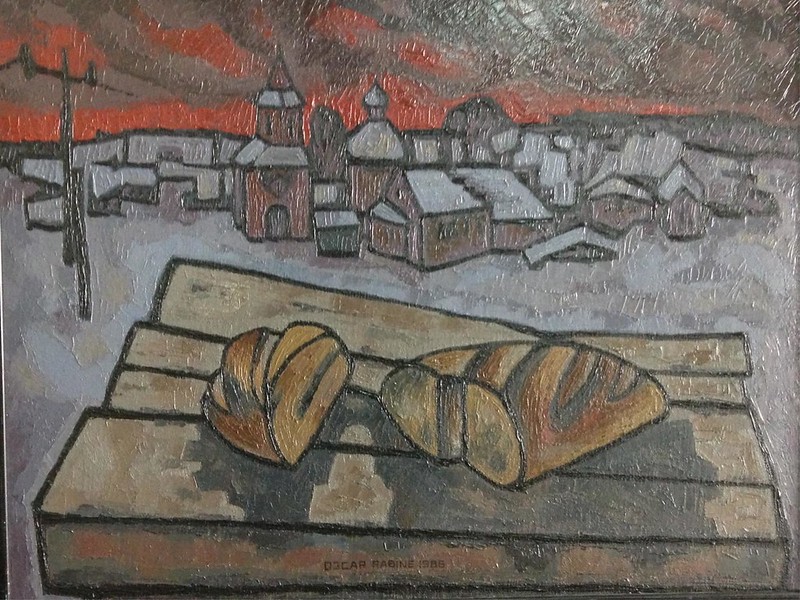
Out of the Corner of My Eye
Blindman at the Gate
I think I caught a glimpse of truth out of the corner of my eye.
A ghost, a whisper, a suspicion, a subtle and subversive rumor.
So dangerous that every army would be commanded to march against it;
so beautiful that it would drive those who see it to madness
or sanity.
Does the whole of my kind suffer from mental and moral vertigo?
As Melville said of cabin boy Pip,
he saw the foot of God upon the treadle of the loom
and dared to speak it.
Henceforth his shipmates called him mad.
As Vladimir said when they came to bury Fyodor,
the spiritual leader must feel the falsehood prevailing in society;
the prophet must struggle against it, never tolerate it, never submit to it.
I think I caught a glimpse of truth out of the corner of my eye.
Have we been so blinded by the bright lights of advertisers’ lies
that the only true vision is peripheral vision?
In the age of constant commercialization and overblown hype
does truth shout with a whisper and stand out with subtlety?
I think I caught a glimpse of truth out of the corner of my eye.
It terrified me as I fell in love with it.
I said,
This explains everything.
This changes everything.
This challenges everything.
This threatens everything.
This transforms everything.
Dare I speak it?
The truth I caught out of the corner of my eye?
Every empire of man is built upon a lie;
they come to kill, steal, and destroy.
Every empire of man is built upon a lie;
all virtue is subject to sacrifice upon the altar of imperial expediency.
Every empire of man is built upon a lie;
God or gods exist only to serve its cause.
Every empire of man is built upon a lie;
religion takes off its mask when it says—
We have no king but Caesar.
The ultimate betrayal,
the final apostasy,
every empire of man is built upon a lie.
Marx was more than half right when he said—
Religion is the opiate of the masses.
Every empire of man is built upon a lie:
Self-promotion and Self-preservation,
Greed and Lust,
Industry and War,
the industry of war.
Long live the Empire!
Keep the Empire alive,
and to keep the Empire alive
many will be made to die,
because the Empire lives by the sword
and dies by the same.
Every empire of man is built upon a lie.
From Aztec to Zulu,
Egyptian and Ottoman,
Persia and Babylon,
Greece and Rome,
England and—
Now I’m too close to home.
A kinder, gentler Babylon to be sure,
but a Babylon for sure.
Every empire of man is built upon a lie.
So when Christ came
he did not bring
another empire of men
built upon a lie
as the liar in the desert tempted.
Instead he brought
the Empire of God,
Good News!
The government of justice and mercy, grace and truth,
and the truth is
every empire of man is built upon a lie,
though every empire says,
We have God on our side.
So you will have to decide
how patriotic a Byzantine believer can be.
May we be salt and light,
a prophetic voice,
a Christian conscience.
May we preserve and illuminate,
cry aloud and convict,
but never forget
every empire of man is built upon a lie.
And to stand for truth
and to stand for God
is to stand against the lie the empire is built upon.
And in the midst of imperial self-justification pray—
Thy Empire come.
There, I’ve said it.
The truth I glimpsed out of the corner of my eye.
And when push comes to shove,
as it always does,
the Empire of Men will oppose the Empire of God.
To know this is dangerous.
To say it can be deadly.
Do you think I’m kidding?
What crucified Jesus?
Self-righteous religion?
No, not religion alone.
Religion as the whore of Empire.
This is what killed Jesus.
And Paul.
And Peter.
And Polycarp.
And Huss.
And Bonhoeffer.
Because this is what empires do.
Silence the prophets who will not prostitute the truth.
Religion is tolerated.
Imperial religion is promoted.
But the prophetic hope of another way
must be censored
even by the sword.
This is the way of empire.
Because
every empire of man is built upon a lie.
Constantine can become a Christian,
but Constantine cannot baptize the Empire.
The Empire of God converts the hearts of men one at a time.
Christ the King must himself sponsor each one into his Kingdom.
But when the Empire sanctions religion for its own purposes,
the whore of Babylon rides the back of the beast.
Giddyup and God bless the Empire!
Every empire of man is built upon a lie.
I glimpsed this truth out of the corner of my eye.
To believe this truth will set you free.
And you thought it was just Sunday school banality
or empty religious sentimentality
to pray
Thy Empire come
Thy Policy be done.
You had no idea it was dissident and subversive,
because every empire of men is built upon a lie.
The lie that the empire has God on its side.
I glimpsed this truth out of the corner of my eye.
And if you ask me my politics, I will say,
Jesus is Lord!
I glimpsed this truth out of the corner of my eye.
Read more








